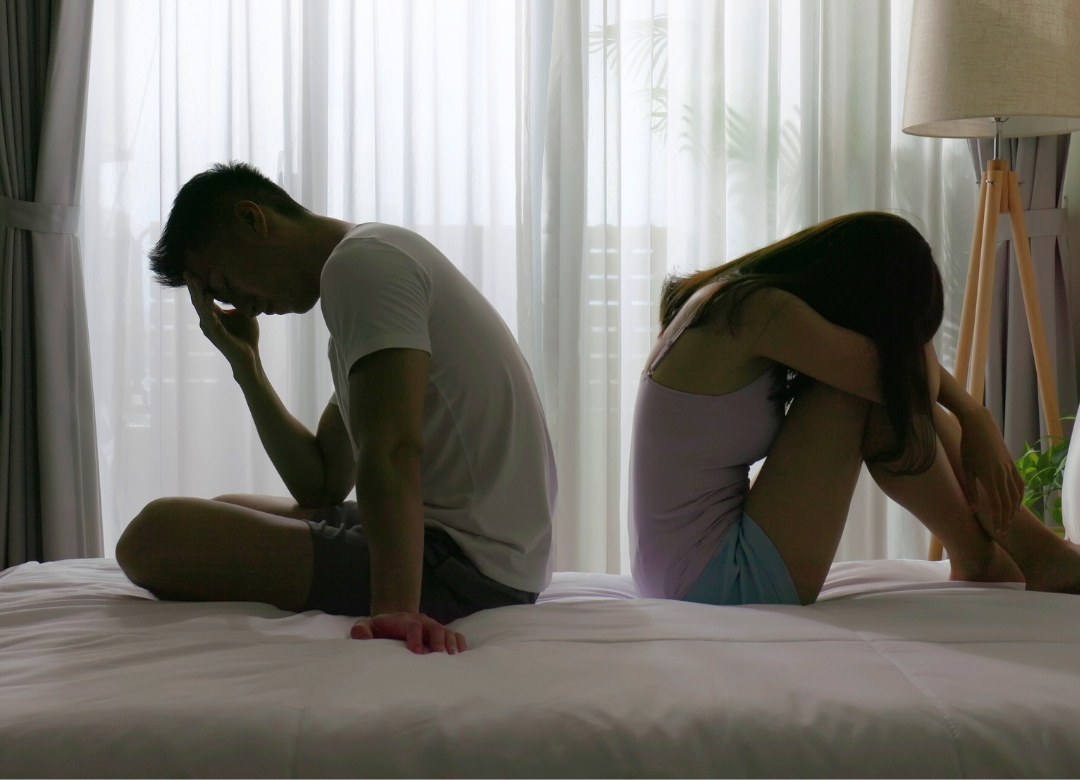Reaching out in faith: Can a marriage be declared invalid due to severe mental illness?
Q: If a Catholic couple gets married in the Church but later it emerges that one of them is suffering from a severe mental illness with psychotic episodes, can that marriage be declared invalid due to mental health issues?
A: Yes, in principle severe mental illness can be a reason why a marriage might be declared null. However, every situation is unique and the question of whether a particular marriage might be invalid depends on a number of specific and nuanced details. This is why, if a marriage is suspected to be invalid due to the psychiatric illness of one of the spouses, the case must be evaluated by a marriage tribunal in a formal nullity process.
Canon 1095 in the Code of Canon Law addresses the question of psychological issues impacting the validity of a marriage. As the canon states:
“The following are incapable of contracting marriage:
1 those who lack sufficient use of reason;
2 those who suffer from a grave lack of discretionary judgment concerning the essential matrimonial rights and obligations to be mutually given and accepted;
3 those who, because of causes of a psychological nature, are unable to assume the essential obligations of marriage.”
Canon 1095, 1 covers situations where a potential spouse is not fully in touch with reality, such as a dementia patient or someone in active psychosis.
Canon 1095, 2 deals with situations where a potential spouse may be fundamentally lucid, but is still unable to evaluate the choice of marriage in a rational way. For example, a person recovering from a recent traumatic experience might not be psychologically capable of making a major life decision from a place of emotional clarity and adequate interior freedom.
Canon 1095, 3 covers situations where a potential spouse might indeed be able to rationally evaluate the choice of marriage, but where a psychological issue would prevent them from actually doing the things necessary to be married — or by the same token, where a psychological condition compels them to do things incompatible with marriage. For instance, certain kinds of compulsive disorders might render a person incapable of marital fidelity or incapable of making any kind of permanent commitment.
Keep in mind that in canon law, a formal psychiatric diagnosis is not as important as the way in which a condition manifests itself. Many disorders have a range of severity and can affect different individuals differently. The same disorder might leave one person capable of marital consent (even if it negatively impacts their life in other serious ways) but might make another person totally incapacitated in this regard. Additionally, there are some psychic states, like intoxication, which are not psychiatric disorders, but which might still leave someone unable to consent to marriage.
And while some mental illnesses are chronic and ongoing, others are time-limited or situational, or only arise later in life. In order for a marriage to be considered invalid due to psychological reasons, the mental issue in question must have been present in at least some form at the time of the wedding. Because marriage is meant to perdure “in sickness and in health,” a mental illness that only came about years into the marriage would not make the original consent invalid.
With all this in mind, your example of “severe mental illness with psychotic episodes” is certainly something that could prompt a marriage nullity process. In such a case, a tribunal judge would probably ask about the onset of this illness; how functional the person was between episodes; and whether the person was in the midst of an episode at the time of consent.
However, at the beginning of a nullity process no tribunal can ever guarantee that a particular marriage will or will not be declared null. Even in what might look like a very strong case for nullity, the marriage bond must always be presumed valid until proven otherwise.
Jenna Marie Cooper, who holds a licentiate in canon law, is a consecrated virgin and a canonist whose column appears weekly at OSV News. Send your questions to CatholicQA@osv.com.
Featured image: Canva


